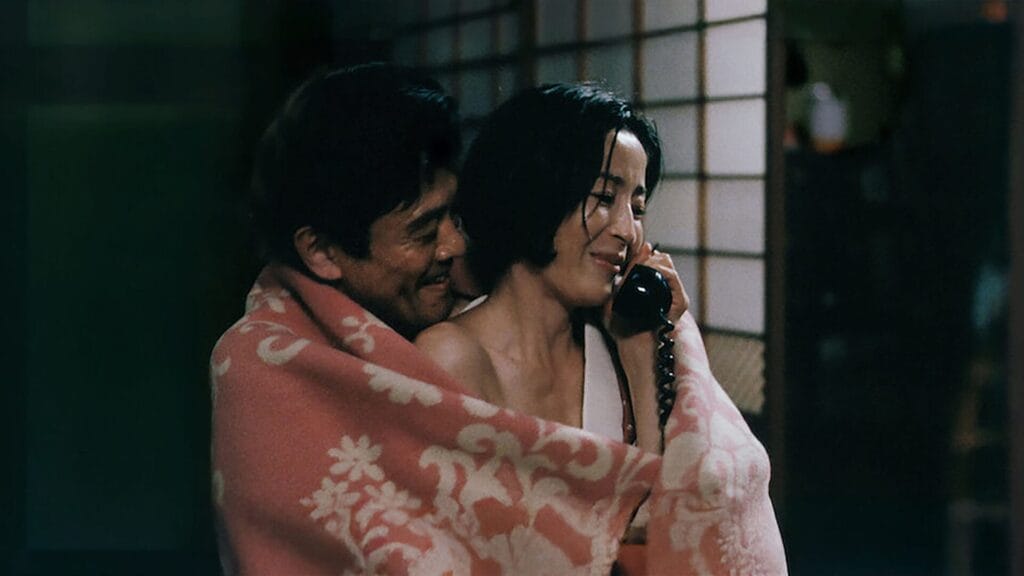“Asura” is a series created by Hirokazu Koreeda starring Rie Miyazawa, Machiko Ono, and Yû Aoi. It is a remake of the 2003 movie “Like Asura” directed by Yoshimitsu Morita.
Netflix’s latest Japanese offering, “Asura”, serves up a slice of 1970s Japan with a side of family drama and a dash of cultural clash. This series, a remake of a 2003 classic, brings director Hirokazu Kore-eda’s distinctive style to the small screen, preserving the original’s quirky dialogues and nuanced exploration of tradition versus modernity.

Set in 1979, “Asura” drops us into the lives of four sisters who suddenly discover their father’s decade-long affair. This revelation sets the stage for a narrative that delves into each sister’s life, their relationships with each other, and most intriguingly, how they navigate their mother’s potential reaction to this earth-shattering news.
The series positions itself at the crossroads of Japan’s traditional values and its rapid modernization. It’s a time-capsule of sorts, capturing a pivotal moment when the country was on the cusp of significant social and structural changes. Through the lens of this family drama, viewers get a glimpse into the complexities of Japanese society during this transformative period.
“Asura” adopts a light comedic tone to tackle weighty themes like the passage of time, aging, and the inevitable changes that creep up on us when we least expect them. It’s not a laugh-out-loud comedy, nor is it a dramatic tear-jerker. Instead, the series opts for a more subdued approach, using humor as a vehicle to explore deeper, more reflective themes.
The pacing of “Asura” might be a challenge for viewers accustomed to faster, more plot-driven narratives. It embraces the deliberate rhythm often associated with Japanese cinema, taking its time to unfold the story and develop its characters. This slower pace allows for a richer exploration of the characters’ inner worlds and the societal norms they’re navigating.
“Asura” is a story about time – how it changes us, our relationships, and the world around us. The four sisters’ attempts to shield their mother from the truth become a metaphor for resistance to change, a theme that resonates beyond the specific cultural context of 1970s Japan.
While the series offers an intriguing window into Japanese society and family dynamics, it may not appeal to all viewers. Its reliance on subtle humor and cultural nuances might be lost on those unfamiliar with Japanese storytelling traditions. Additionally, the slow-burn narrative style could test the patience of audiences used to more dynamic pacing.
“Asura” on Netflix is a thoughtful, if somewhat conventional, exploration of family, secrets, and societal change. It’s a series that requires patience and an appreciation for nuanced storytelling. For viewers willing to immerse themselves in its world, it offers a unique perspective on a pivotal moment in Japanese history, wrapped in the familiar package of family drama.
Where to Watch “Asura”
The Cast
















